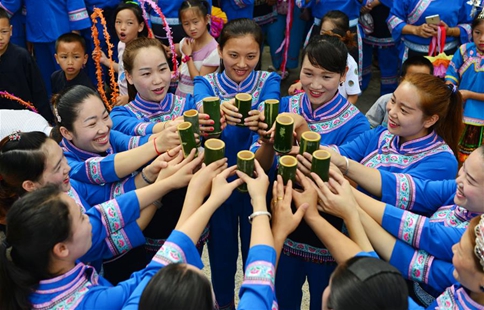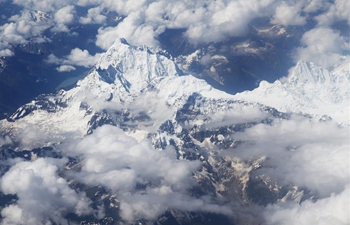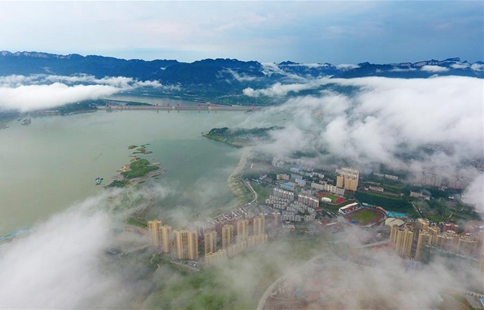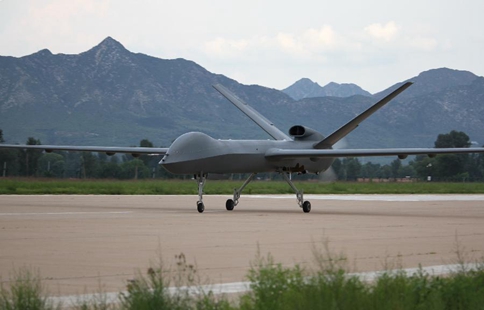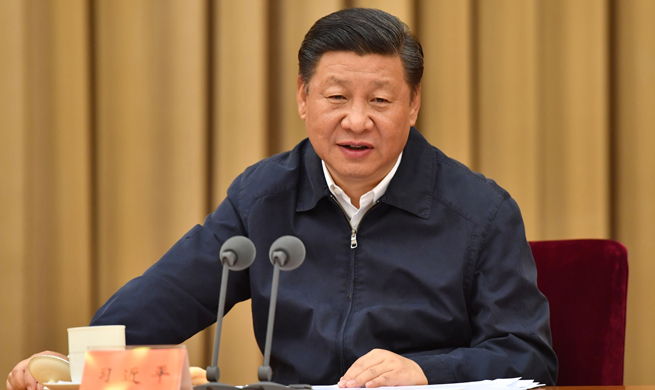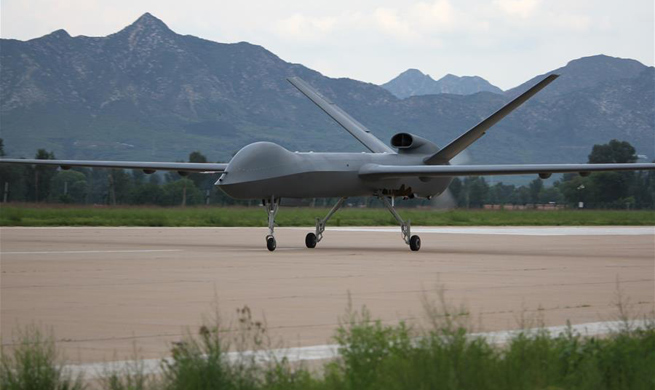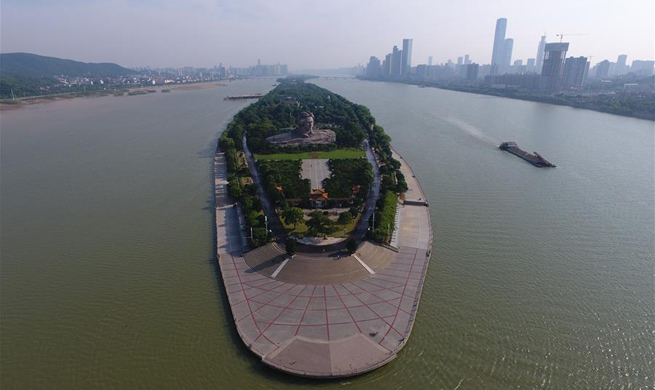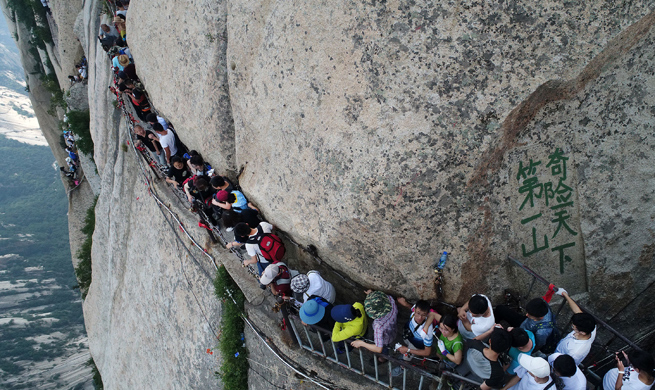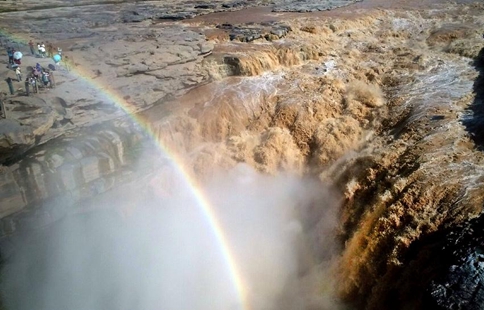DAR ES SALAAM, July 15 (Xinhua) -- Tanzania's state-owned environmental watchdog said on Saturday it has given tough conditions an oil drilling firm before it started drilling at a game protected area in the Kilombero valley in Morogoro region to protect the environment.
Swala Oil and Gas (Tanzania) Plc intends to drill oil in the game protected area but the east African nation's National Environment Management Council (NEMC) said the drilling will be done after it meets stringent conditions aimed at safeguarding the environment of the area.
The government has granted Swala Oil and Gas (Tanzania) Plc an environmental impact assessment (EIA) certificate to drill oil at the Kilombero valley after it had commissioned Environmental Resources Consultancy Limited to undertake the EIA. The consultant produced an EIA report which was reviewed by a multi-sectoral technical advisory committee that advised the NEMC on the oil drilling project.
Fadhila Khatibu, the NEMC Director for EIA, said one of the conditions given to Swala was to give assurance that the firm will conserve the puku antelope, an endemic species only found in Kilombero wetland.
About 75 percent of the world's population of puku antelope is wetland dependent. This antelope is now only found in 18 locations in Africa and its survival, as a species, depends on the Kilombero valley population.
Khatibu said upon commencement of oil drilling activities, Swala should also ensure that waste management should be done outside the Kilombero Game Controlled Area (KGCA) to avoid pollution and other related environmental degradation. Other animals found in the KGCA are lions, buffalo, elephants, crocodiles and hippopotamus.
"The location of the project's camp site is still in discussion. Swala wants the location of the camp site to be inside the KGCA while the Ministry of Natural Resources and Tourism prefers the camp site to be outside the KGCA," she told Xinhua in an interview.
Glory Kombe, NEMC's Head of Environmental Monitoring and Audit, said Swala has also been instructed to use minimum noise during its operations to avoid disturbing wildlife, including the puku antelope.
"Also duration of the drilling campaign should be short (at least four months) to minimize duration of disturbance in the area. Our aim is to ensure that the span of interference is very short," said Kombe.
She said before, during and after the drilling campaign there will be close monitoring by relevant institutions, including NEMC, the Ministry of Natural Resources and Tourism, the Tanzania Wildlife Authority (TAWA), the Tanzania Petroleum Development Corporation (TPDC), the KGCA and the Rufiji Basin Water Board.
"We are doing as much as possible to ensure sustainable utilization of resources in the area," said Kombe.
Swala Oil and Gas (Tanzania) Plc, which plans to start drilling oil in September, in a joint venture with TPDC, says it is aware of the environmental significance of the area and has been extremely careful over the past four years to carry out its work there with the minimum of disruption.
David Mestres Ridge, Swala Oil and Gas (Tanzania) Plc chief executive officer said the firm has already shot two seismic programs there with no adverse effects on either the environment or the local communities.
He said the Kilombero license area covered some 16,500 square kilometers and a number of nature reserves and natural parks, adding that Swala shall be active only in an area roughly three times the size of a football pitch which is 150 meters by 150 meters.
"Our team shall be isolated from the surrounding environment; transport shall be kept to a minimum; and all waste shall be removed for disposal elsewhere," he said in an email interview with Xinhua, adding that: "Any impact on the environment from our operations shall be negligible by design."
Ridge said the conservation organizations are aware that the biggest impact on the ecology of the Kilombero area is population growth, which leads to pressure on these protected sites because of expanding use of land for agriculture and cattle grazing.
"We look forward to working with these organizations in addressing the true causes of pressure on the ecology of this area," said Ridge.
A hydrocarbon exploration done by Swala Oil and Gas (Tanzania) Plc has shown that the Kilombero Valley possibly has oil reserves of between 55.2 million and 547 million barrels.





